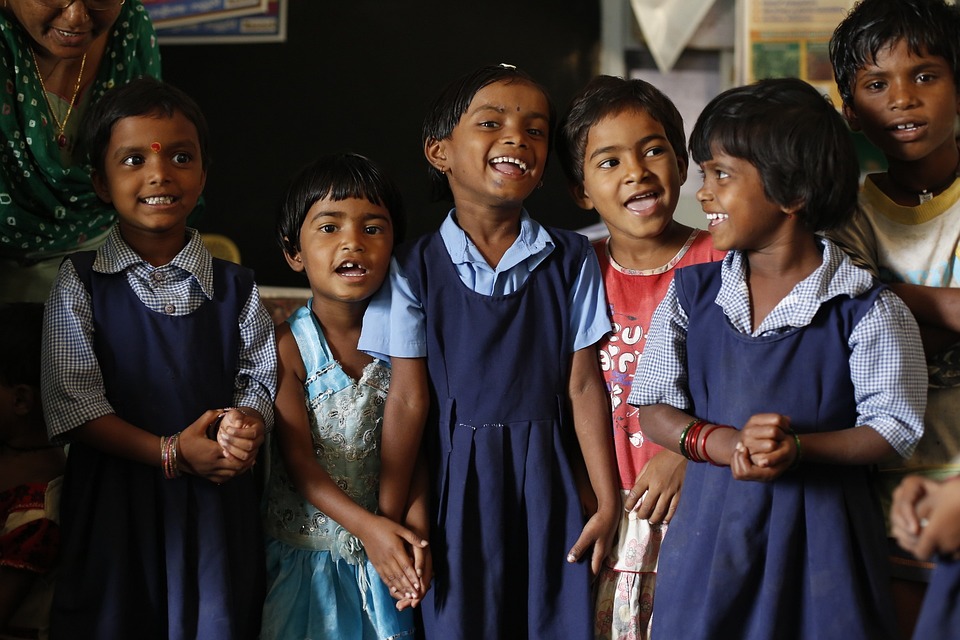The Importance of Inclusive Education for All Children in Indonesia
Inclusive education is a concept that emphasizes the importance of providing equal opportunities for all children, regardless of their abilities or disabilities, to receive a quality education. In Indonesia, inclusive education has become a crucial issue in recent years, as the country strives to ensure that all children have access to education and are able to reach their full potential.
One of the key benefits of inclusive education is that it promotes diversity and acceptance among students. By bringing children with and without disabilities together in the same classroom, inclusive education helps to break down barriers and reduce stigma. This can lead to a more inclusive and supportive school environment, where all children feel valued and respected.
Furthermore, inclusive education has been shown to have positive effects on academic achievement. Research has found that students in inclusive classrooms tend to perform better academically, as they have access to a wider range of resources and support. Inclusive education also helps to develop important social and emotional skills, such as empathy and cooperation, which are essential for success in school and in life.
In addition, inclusive education is aligned with the principles of human rights and social justice. The United Nations Convention on the Rights of Persons with Disabilities (UNCRPD) recognizes the right of all children to receive an education that is inclusive and accessible. By promoting inclusive education, Indonesia is not only fulfilling its international obligations, but also creating a more inclusive and equitable society for all its citizens.
Despite the benefits of inclusive education, there are still challenges and barriers that need to be overcome. In Indonesia, there is a lack of resources and trained professionals to support inclusive education, as well as a lack of awareness and understanding among parents and communities. In order to fully realize the potential of inclusive education, it is essential for the government, schools, and communities to work together to create a more inclusive and supportive education system.
In conclusion, inclusive education is crucial for ensuring that all children in Indonesia have access to a quality education and are able to reach their full potential. By promoting diversity, acceptance, and equality, inclusive education can help to create a more inclusive and equitable society for all. It is important for all stakeholders to work together to overcome the challenges and barriers to inclusive education, so that every child in Indonesia has the opportunity to learn and thrive.
References:
1. United Nations Educational, Scientific and Cultural Organization (UNESCO). (2018). Policy Guidelines on Inclusion in Education. Retrieved from https://unesdoc.unesco.org/ark:/48223/pf0000260119
2. World Bank. (2016). Indonesia Inclusive Education Development Impact Evaluation. Retrieved from http://documents.worldbank.org/curated/en/191851468198617184/Indonesia-Inclusive-Education-Development-Impact-Evaluation










